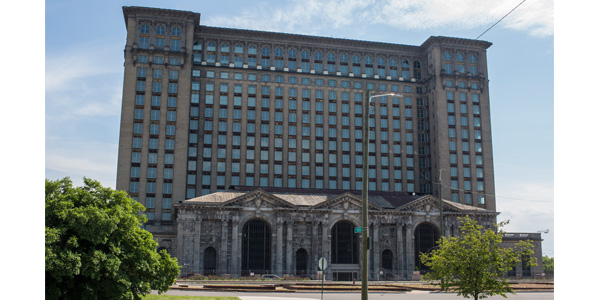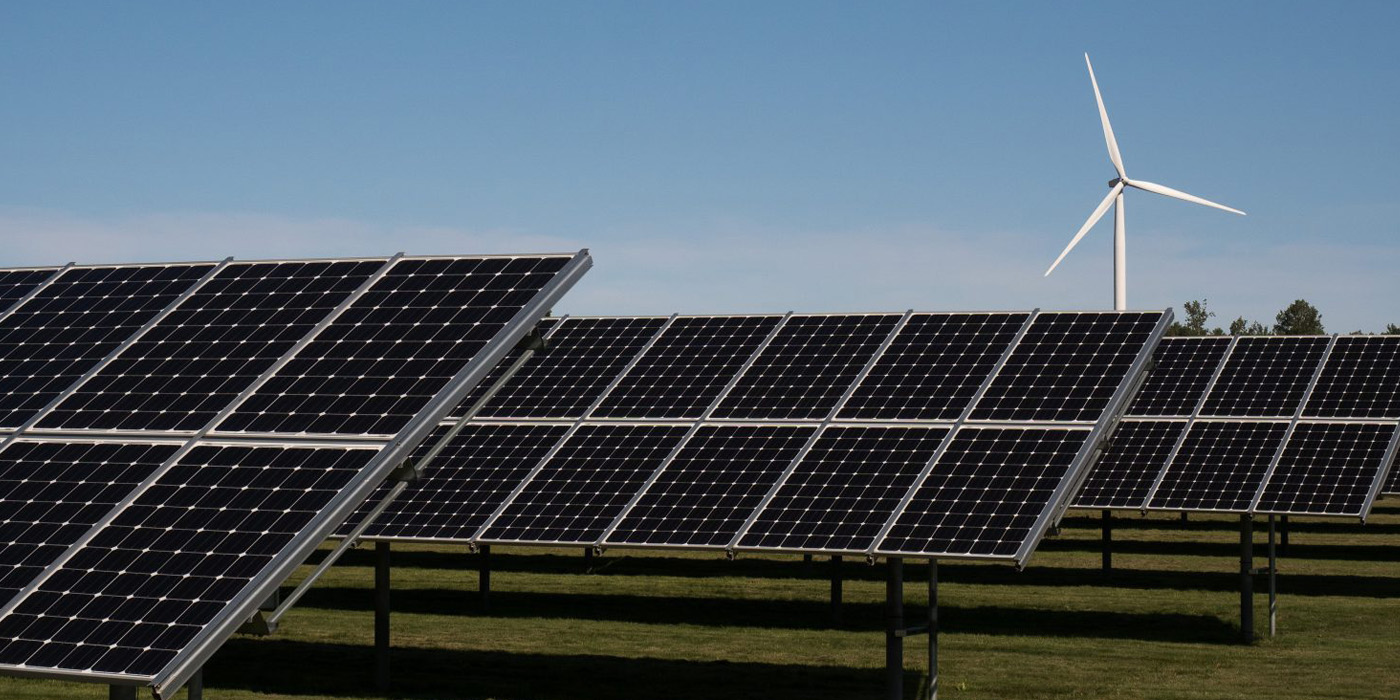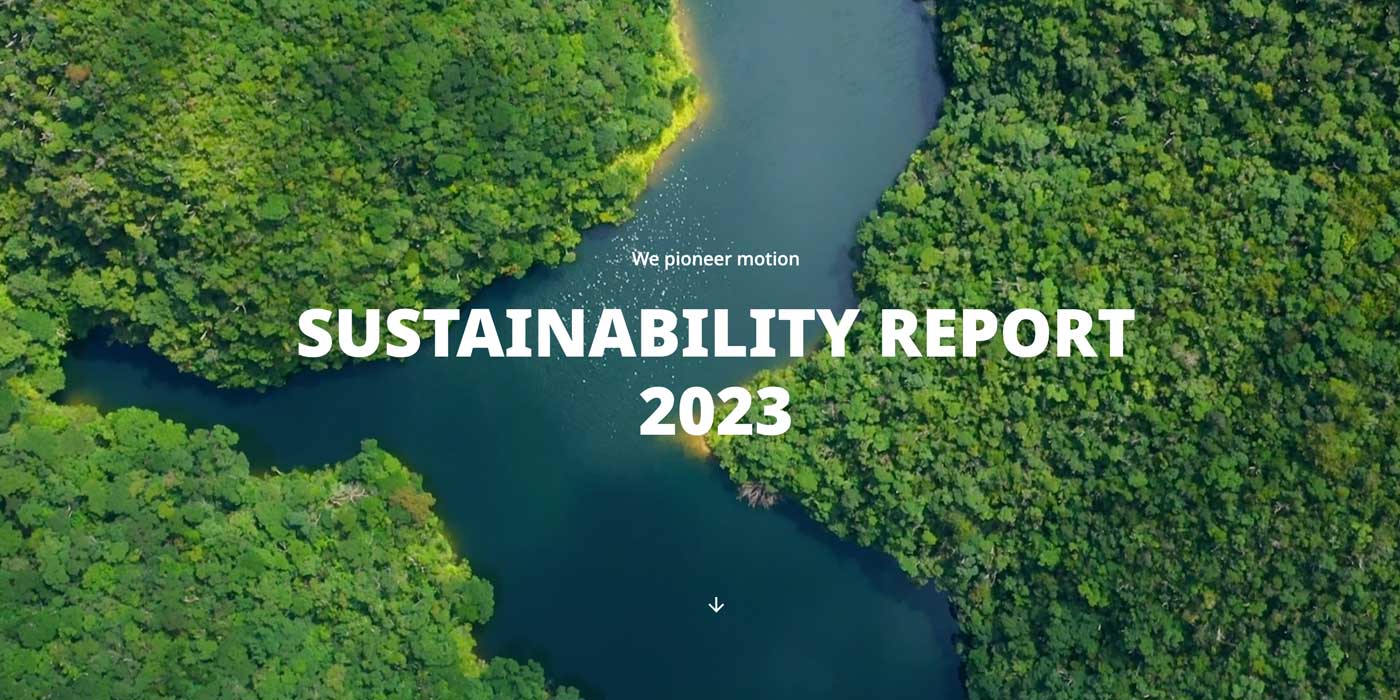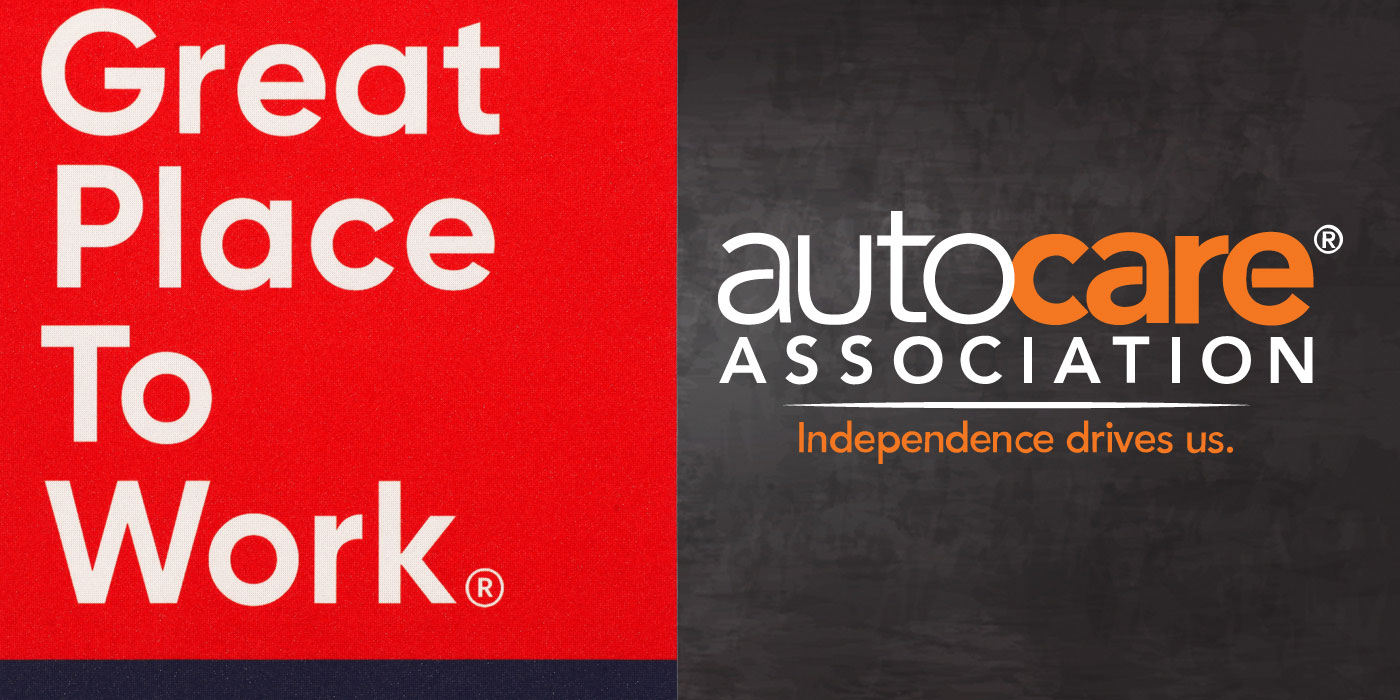
In a week in which the company celebrated its 115th anniversary, Ford on June 19 formally announced the acquisition of Michigan Central Station.
The company envisions the former train station in Detroit’s Corktown neighborhood as “a hub where Ford and its partners will work on autonomous and electric vehicles, and design urban mobility services and solutions that includes smart, connected vehicles, roads, parking and public transit.”
“Michigan Central Station is a place that in many ways tells the story of Detroit over the past century,” said Bill Ford, the company’s executive chairman. “We at Ford want to help write the next chapter, working together in Corktown with the best startups, the smartest talent and the thinkers, engineers and problem-solvers who see things differently – all to shape the future of mobility and transportation.”
Michigan Central Station, designed by the same architects that designed New York’s Grand Central Station, was the main intercity passenger-rail depot in Detroit.
Built for the Michigan Central Railroad, it replaced the original depot in downtown Detroit, which was shuttered after a major fire in December 1913. Formally dedicated on Jan. 4, 1914, the station remained open for business until the cessation of Amtrak service on Jan. 6, 1988. With a train depot and 13-story office tower with a roof height of 230 feet, it was the world’s tallest rail station when constructed.
Ford Betting Big on Detroit
The acquisition of Michigan Central Station comes alongside the company’s purchase of the former Detroit Public Schools Book Depository, two acres of vacant land, the site of an old brass factory and the recent purchase of a refurbished former factory in Corktown, now home to Ford’s business teams that work on autonomous and electric vehicles.
“What Rouge was to Ford in the industrial age, Corktown can be for Ford in the information age,” said Ford President and CEO Jim Hackett. “It will be the proving ground where Ford and our partners design and test the services and solutions for the way people are going to live and get around tomorrow, creating a Southeast Michigan mobility corridor that spans west from Dearborn to Ann Arbor, and east to Detroit.”
Ford said it plans to have at least 1.2 million square feet of space in Corktown, three-quarters of which will be split between the company and its partners.

Approximately 2,500 Ford employees – most from the mobility team – will call Corktown their work home by 2022. The campus has space to accommodate 2,500 additional employees of partners and other businesses, according to Ford.
The remaining 300,000 square feet will serve as a mix of community and retail space, and residential housing.
Ford said the project has been buoyed by “our strong partnership with state and local government officials.”
“Development of Michigan Central Station and other Corktown locations is critical to Ford’s future as the company continues learning how urban areas are changing and the role transportation plays in revitalizing cities,” the automaker said. “Being in the heart of America’s comeback city will help attract talent, startups and engineers that want to address these issues with Ford.”
Ford also is renovating its Dearborn campus. This summer, the 150,000-square-foot Wagner Place development in West Dearborn is on track to open, as is a new driving dynamics lab located on Ford’s Product Development Campus, Ford noted.
“While Ford’s Corktown investments are crucial to the company’s long-tern planning, it also represents a commitment to the city of Detroit and its future, with Michigan Central Station envisioned as a beacon of development and opportunity,” Ford said.
Open House Planned
Ford said its plans for the station include restoration of the grand hall to its original luster; attraction of local shops and restaurants; and creating new residential options in the up-and-coming neighborhood.
In a news release, Ford said it is “committed to working with Corktown residents and businesses to make certain its development efforts align with the historic nature of the community and complement other planned developments to revitalize the neighborhood.”
“Just as Dearborn does, Corktown holds a special place in my heart,” said Bill Ford. “Henry Ford was the son of an immigrant. His father, William Ford, came over from Cork during Ireland’s potato famine. And Corktown was a destination for immigrants like him who came here with little more than hope. It was a place where you could reimagine what’s possible. That’s what we want to do all over again, right here in Corktown – to build tomorrow, together.”
Before renovations begin, Ford is offering the public a chance to attend an open house at Michigan Central Station from June 22-24.










